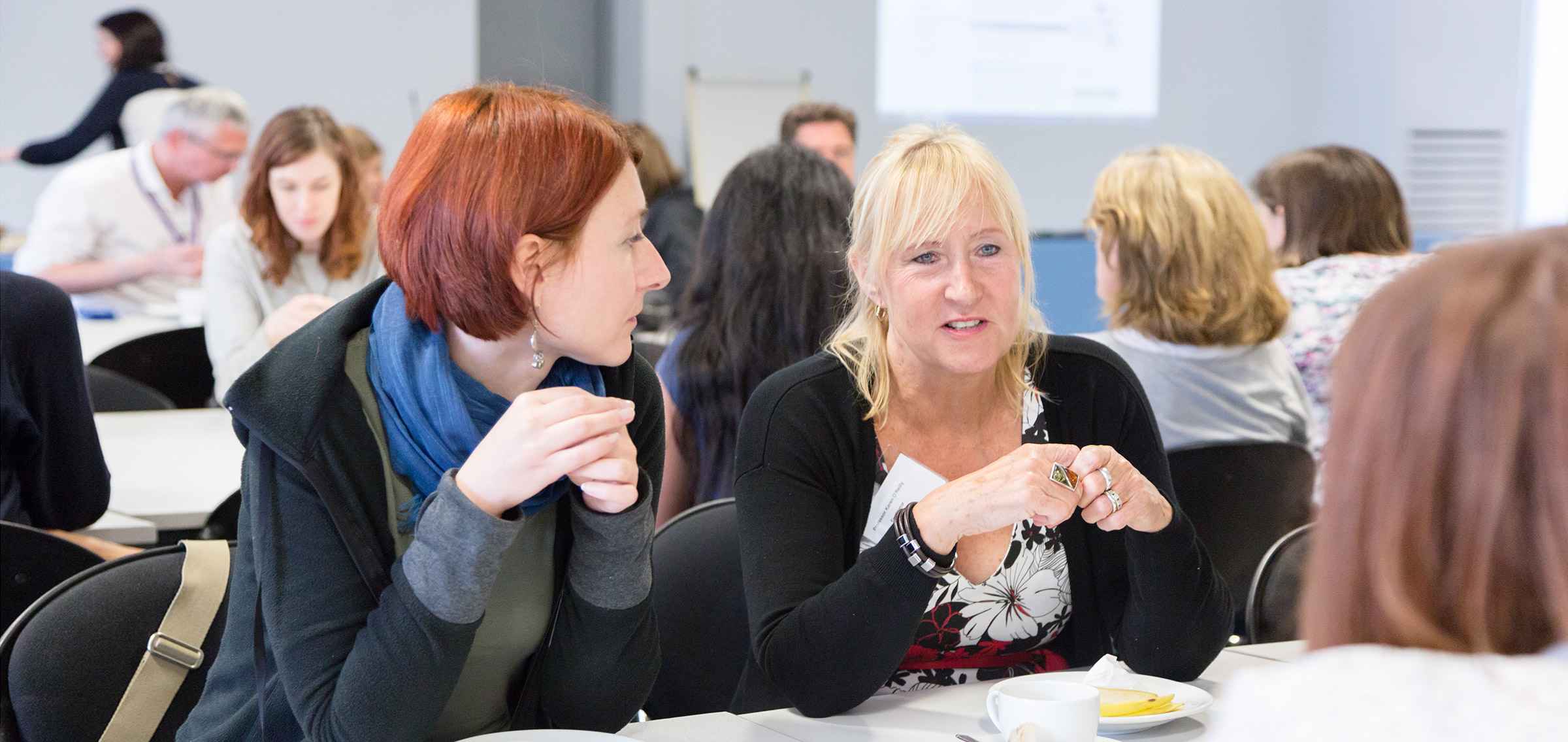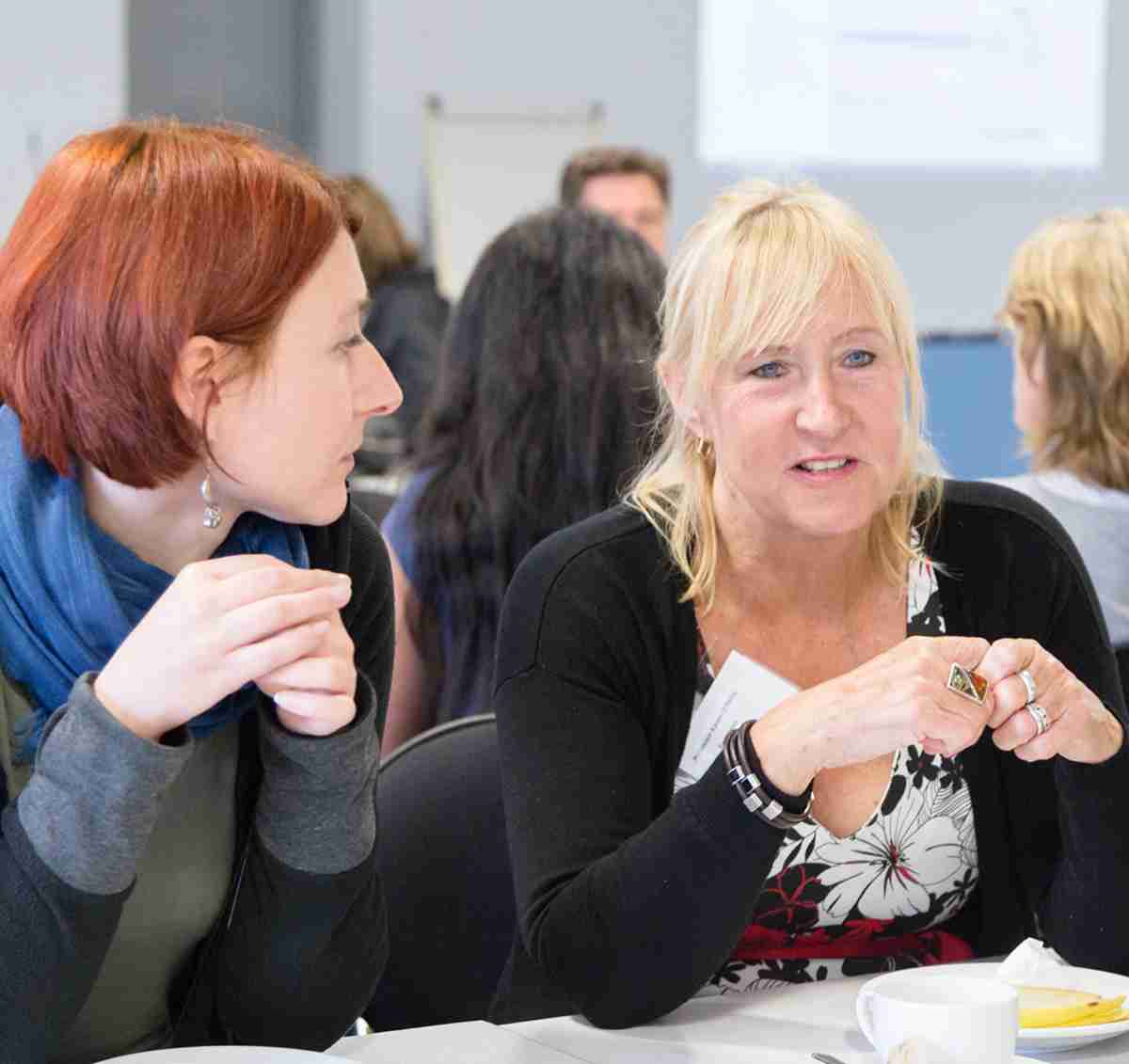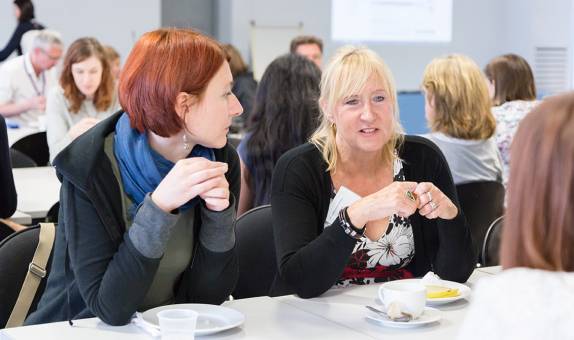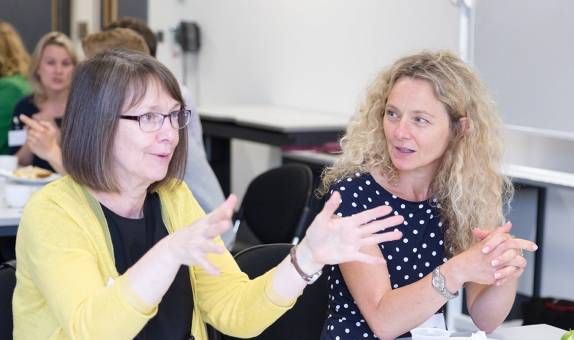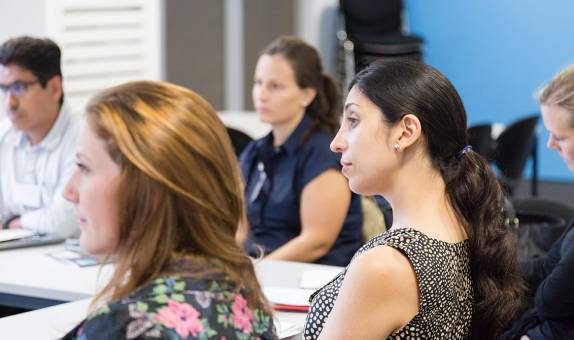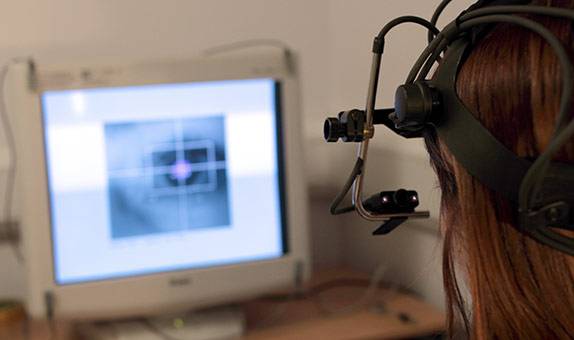Clinical and Applied Behavioural research group (CABRG)
About us
The Clinical and Applied Behavioural research group brings together psychologists who are investigating a wide range of topics related to health, clinical, behavioural and neuro psychology. Research expertise encompasses several aspects of human behaviour in clinical and non-clinical populations, and has led to the publication of more than 100 research articles in refereed journals. The group is currently home to a number of PhD students who are all carrying out research with either clinical or analogue populations. The group members have, over the years, attracted substantial research funding from both the private and public sector, and several members have current and ongoing research funding.
Research is conducted in purpose-built laboratories in the department or through an extensive network of collaborating clinicians in the NHS. Much of the research is conducted in collaboration with colleagues at other universities and with national and international institutions.
